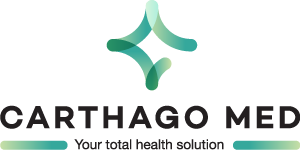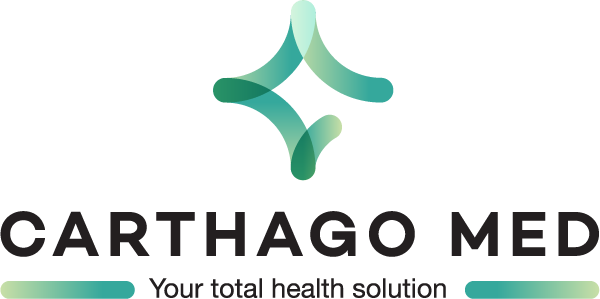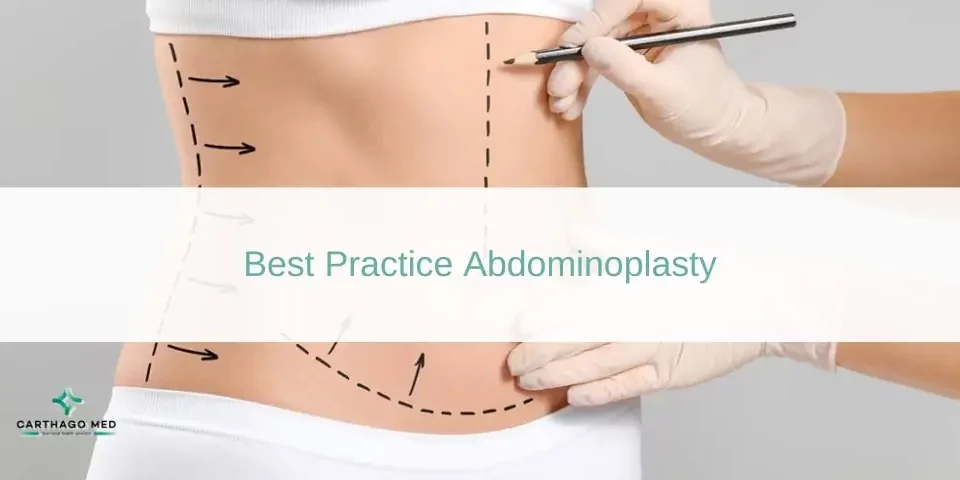
Is weight gain possible after liposuction?
Liposuction is one of the most requested and performed cosmetic procedures worldwide. It shapes and contours the figure through the use of a suction technique that removes fat from specific areas of the body, such as the abdomen, hips, thighs, buttocks, arms or neck.
- Are the results of liposuction permanent?
- How to prevent weight gain after liposuction?
Are the Results from Liposuction Permanent?
Liposuction is widely acknowledged for its efficacy in achieving enduring results in body contouring through the permanent removal of localized fat deposits. It is important to note that the procedure does not offer a solution to obesity. In fact, liposuction treats unsightly and unaesthetic bulges of the body that failed to respond to diets and physical activities. Patients who suffer from obesity and wish to lose weight may consider undergoing bariatric surgery (gastric bypass, gastric sleeve, or gastric band surgery). To grasp the lasting nature of liposuction outcomes, it is imperative to delve into the fundamental mechanisms of the procedure.
One crucial aspect of liposuction is the permanent elimination of fat. In this surgical process, a plastic and reconstructive surgeon, such as Dr. Erick Sanchez at Sanchez Plastic Surgery, utilizes techniques to suction out excess fat cells from specific areas. Importantly, the fat cells extracted during liposuction do not regenerate, establishing the reduction in fat volume as a sustained alteration. Understanding the distribution of fat cells in the body is paramount. While the human body possesses a finite number of fat cells, liposuction diminishes their count in targeted regions. Although the remaining fat cells in untreated areas can expand with weight gain, the treated areas maintain a reduced number of fat cells. Consequently, weight gain after liposuction leads to a more even distribution of fat throughout the body rather than disproportionate accumulation in the treated areas.
Sustaining the long-term results of liposuction necessitates a commitment to a healthy lifestyle. Despite the permanent reduction in fat cells in treated areas, significant fluctuations in weight can impact the remaining fat cells, causing them to enlarge. Therefore, adopting a balanced diet and regular exercise regimen is essential for preserving the aesthetic benefits achieved through liposuction. The duration of liposuction results varies among individuals due to factors such as genetics, age, and overall health. Adherence to postoperative care instructions and a healthy lifestyle significantly contributes to the longevity of outcomes. Additionally, life events like pregnancy or major weight gain can influence the treated areas post-liposuction. While the removed fat cells do not return, weight gain can lead to the expansion of existing fat cells and the generation of new ones. Individuals undergoing liposuction should be mindful of these factors, striving to maintain a stable weight for optimal and enduring results.
In summary, the permanence of liposuction results lies in the non-regeneration of removed fat cells. However, sustaining lasting aesthetic improvements requires maintaining a stable weight and a healthy lifestyle. Consulting with a qualified and experienced plastic surgeon, such as Dr. Erick Sanchez, enables individuals to comprehend how liposuction addresses their unique concerns and contributes to a lasting transformation in body contour.
I Gained Weight After Liposuction. Now What?
Experiencing weight gain after undergoing liposuction can be a disconcerting situation, but it's essential to recognize that sustaining the results of this procedure necessitates an ongoing commitment to a healthy lifestyle. While liposuction effectively eliminates fat cells from specific areas, the remaining untreated fat cells can still expand with weight gain, and new fat cells may be generated, particularly with a significant increase in weight. To counteract post-liposuction weight gain, a fundamental commitment to a balanced diet and a regular exercise routine is crucial. This not only helps preserve the aesthetic benefits of liposuction but also ensures the longevity of the desired contours in the treated areas. If weight gain does occur, seeking guidance from the plastic surgeon who performed the liposuction is advisable.
In the case of Dr. Erick Sanchez at Sanchez Plastic Surgery, a consultation can be scheduled to assess the extent of weight gain, examine the treated areas, and receive personalized recommendations based on individual circumstances. Depending on factors such as the amount of weight gained and the presence of scar tissue, a plastic surgeon may recommend touch-up surgery to maintain optimal results. Identifying the root causes of weight gain is vital, considering factors such as stress, physical injuries, or major life events. Addressing these lifestyle factors through healthy coping mechanisms and gradual changes can be beneficial in maintaining a stable weight. Educational support on post-liposuction care and lifestyle choices is also crucial, emphasizing the importance of stability and healthy habits.
In some cases, if weight gain persists and additional fat reduction is desired, exploring alternative procedures such as BodyTite, a minimally invasive fat loss solution, may be an option. Dr. Sanchez, as an experienced board-certified plastic and reconstructive surgeon, can offer insights into whether such alternatives align with aesthetic goals and lifestyle. In conclusion, proactive steps, including consulting with the plastic surgeon, maintaining a healthy lifestyle, addressing lifestyle factors, and considering alternative procedures when appropriate, can collectively contribute to addressing weight gain after liposuction. Dr. Erick Sanchez and his team at Sanchez Plastic Surgery stand ready to provide personalized guidance and support, ensuring patients achieve and maintain the desired results from their liposuction procedure.
What Advice Should I Follow After Undergoing Liposuction?
After undergoing liposuction, it is crucial to adhere to certain guidelines for optimal results and overall well-being. Regular physical activity plays a pivotal role in maintaining the positive outcomes of the procedure and promoting the patient's overall health. Neglecting exercise may lead to the appearance of additional fatty cells in neighboring areas of the operation. Recommendations include engaging in activities such as running, cycling, and swimming. However, it is essential for the patient to be cautious about resuming sports too soon after the procedure, and approval from the surgeon is necessary before doing so—typically around three (3) to four (4) weeks post-surgery.
A healthy and balanced diet is another key aspect of post-liposuction care. While there is no strict diet requirement, adopting a nutritious and well-balanced food program is essential for sustaining liposuction results. Emphasizing the consumption of fruits and vegetables while limiting sugary foods and snacks is advised. Adequate hydration is also crucial, and patients should ensure they drink sufficient quantities of water daily. Furthermore, it is imperative to avoid alcohol and tobacco during the initial weeks following surgery. Smoking hinders the healing process, and alcohol, with its empty calories, can have adverse effects on the body and the outcomes of the surgery. Strict adherence to these guidelines contributes significantly to a successful recovery and the maintenance of the benefits achieved through liposuction.









